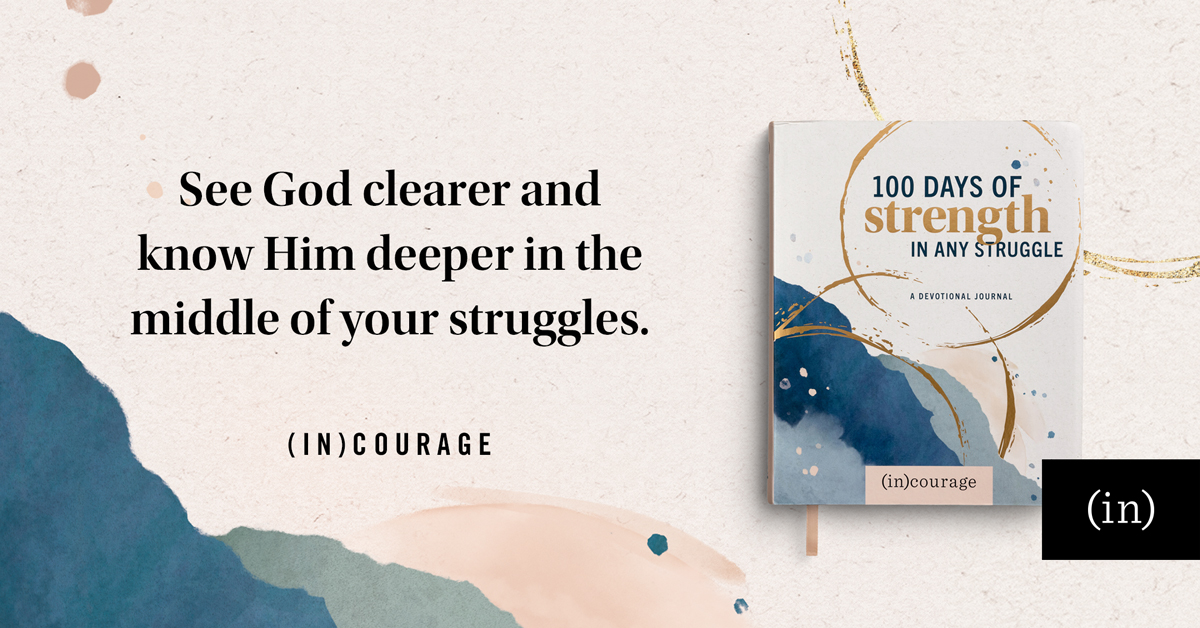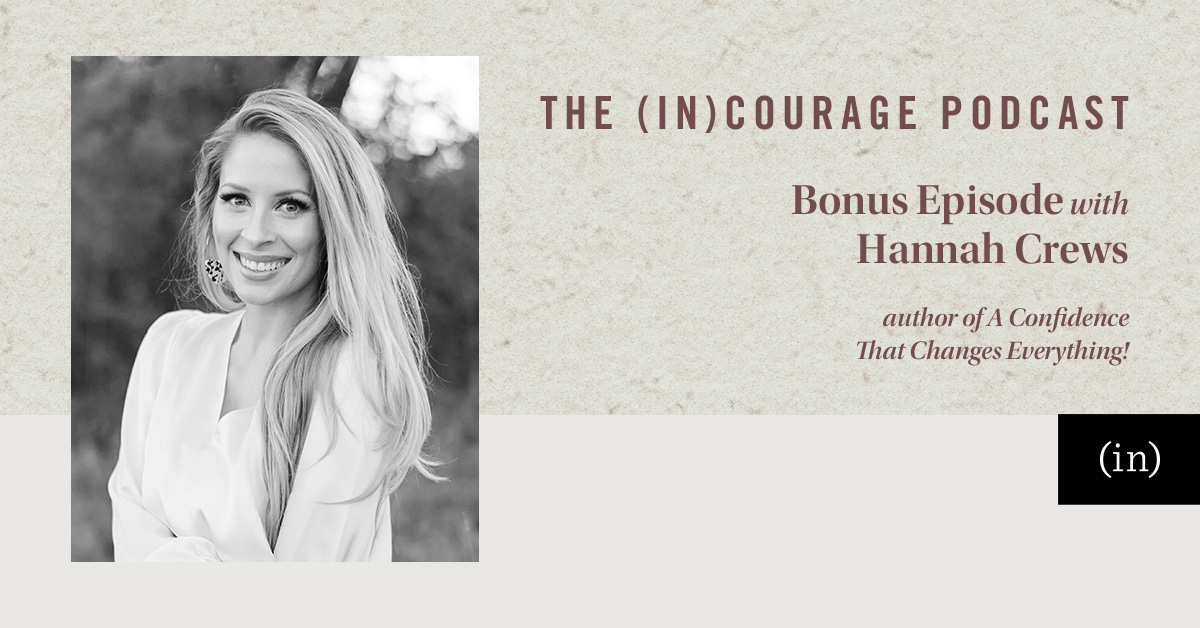“ If we claim we have no sin, we are only fooling ourselves and not living in the truth. But if we confess our sins to him, he is faithful and just to forgive us our sins and to cleanse us from all wickedness.”
1 John 1:8-9 NLT
I used to keep a mental highlight reel of my worst offenses. At the end of even the best day, my brain could hit the replay button, and scenes of my wrongdoings would scroll across the screen of my mind. Although I confessed those sins to God and asked for His forgiveness, I couldn’t seem to forgive myself.
Then I heard something that shook me to the core: to confess a sin, repent, and then continue to ask God’s forgiveness for it multiple times (when you aren’t repeating the sin) is a form of pride. Did I believe my sins were so enormous and unique that they were beyond His ability to forgive? Despite the magnitude of God’s mercy and of the sins I know He’d forgiven, why did I act like He couldn’t handle mine?
We see divine forgiveness in King David’s story. He didn’t recognize the scope of his sin until it was exposed to him by the prophet Nathan. David repented, then followed the Lord the rest of his days, serving and honoring Him.
God is merciful and forgives even the biggest sins when we repent and follow Him.
David could have removed himself from the narrative and wallowed in his own guilt for the rest of his life. Instead, he confessed and repented before God and then led Israel as God’s chosen king for forty years.
Once I recognized how prideful it was to believe God could forgive the sins of others but not mine, I’ve never looked at myself the same way. Our difficult experiences — both the failures and the grace that covers them — can deepen our capacity for empathy toward others.
Our darkest trials can become our greatest testimonies.
God’s grace and capacity for forgiveness are beyond comprehension. When we give in to guilt and focus too much on our role as the villain in our own life story, we forget that God is the Hero who has redeemed us.
Let’s remember that we’re covered in grace. Let’s live in the freedom of His forgiveness.
This devotion is by Dawn Camp from our favorite devotional journal, 100 Days of Strength in Any Struggle.

Here is another short devotion from the book. Enjoy this encouragement from Robin Dance:
When the World Feels Like Too Much
“I lift up my eyes to you,
to you who sit enthroned in heaven.”
Psalm 123:1 NIV
What are we to do when our world no longer makes sense? What are those who follow Jesus to do? I believe an old refrain holds the key:
Turn your eyes upon Jesus, Look full in His wonderful face,
And the things of earth will grow strangely dim, In the light of His glory and grace.
A while back, I had the sweet privilege of serving women in my area as a leader for a community Bible study. Before we’d meet every Thursday, our leadership team began by singing this familiar chorus.
Tendering our hearts in song was effective. The things of earth — never-ending to-do lists, work deadlines, disagreements among friends, challenges with children, arguments with a spouse, health concerns, financial pressures, the clatter of politics, even some of our anxieties and feeling not enough — grow strangely dim. Our worries wither under the blaze of God’s glory.
When we focus on Jesus instead of circumstances, our circumstances may not change, but we sure do.
I know what it’s like to wander around and feel lost, to wrestle in a sea of doubt, to question beliefs you once held dear. And while I don’t know what’s going on with you personally, I know all of us are affected by what’s going on in the world.
How can we possibly handle it? We can’t. We aren’t even supposed to — that’s why we have a Savior! Isn’t that liberating?
Let’s remind one another that the gospel is good news. When we are mindful of who God is and what He has accomplished in our lives and in our world… When we trust that He is good and loves us without condition.. When we study His Word, claim His promises, and accept the forgiveness He offers… When we believe that He holds the whole world in His hands… When we turn our eyes upon Jesus…
We will find peace.
To me, focusing on Jesus isn’t just one way we can best handle a world that feels crazy. It’s the only way.
To read more devotions like these, pick up your copy of our devotional journal, 100 Days of Strength in Any Struggle. We know it will meet your heart.




